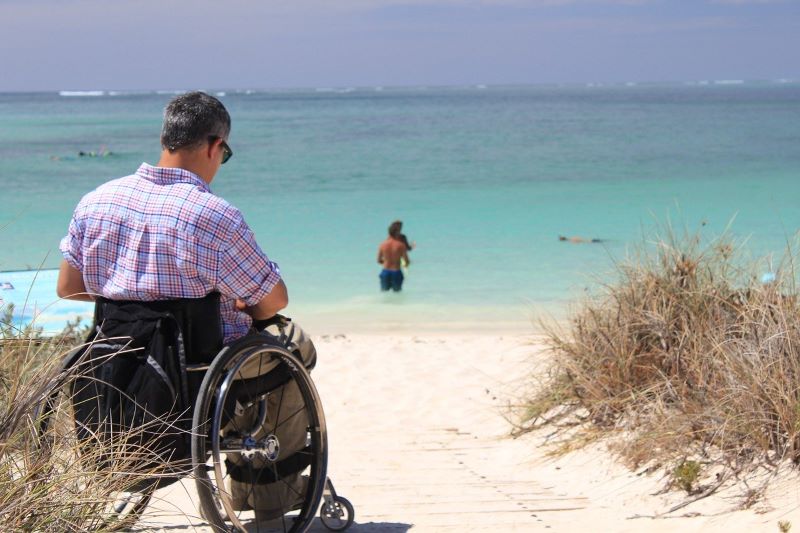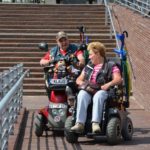
(TAN): The World Tourism Organization (UNWTO) is calling on destinations to recognise the needs of travellers with disabilities or specific access requirements as they open up to visitors again.
In partnership with the ONCE Foundation of Spain and the European Network for Accessible Tourism (ENAT), the United Nations agency has released new guidelines to ensure accessibility and inclusivity as the responsible restart of tourism gets underway.
UNWTO has joined disabled people’s organisations and organisations from across civil society to design a basic set of recommendations aimed at maintaining the ethos of ‘Accessible Tourism for All’ in the new reality.
[ALSO READ: Beirut Blast: At Least 70 Killed, Thousands Injured In Lebanon Capital]
UNWTO Secretary-General Zurab Pololikashvili said: “Much progress has been made in making tourism more accessible to all. As we guide the responsible restart of tourism, we must make sure that this progress is not rolled back. Instead, it must be stepped up as it will benefit everyone.”
The Reopening Tourism for Travellers with Disabilities guide also notes the opportunities available to destinations that take steps to accommodate the specific needs of persons with disabilities, those with specific access requirements and seniors. This is particularly relevant now since tourism has been among the hardest hit of all major economic sectors, with businesses big and small at risk.
The Guidelines, produced in collaboration with ONCE Foundation and ENAT show that simple, thoughtful measures can make a real difference for travellers, and allow destinations to welcome this wide and diverse demographic as they look to recover from COVID-19.
[ALSO READ: Enjoy A Helicopter Ride Between Mandarin Oriental’s Swiss & Italy Properties]
Fundación ONCE Vice-President, Alberto Durán, said: “It is fundamental that we use this time of change to sensitise all stakeholders to the need to include persons with disabilities and their families in tourism, leaving no one behind. These clients can help businesses stay afloat in these challenging times, representing opportunities for all.”
The Guidelines
The Guidelines are a set of basic recommendations addressed at different stakeholders working across the whole of the tourism value chain. All are aimed at helping stakeholders, including accommodation providers, bars, restaurants and tourism offices, adjust to new health and sanitary demands without reducing accessibility.
The recommendations cover four distinct areas:
Travel Planning and Protocols: Including steps to guarantee seamless travel, and for making relevant information available and accessible to all.
[ALSO READ: Air Canada Reports USD 1.5 Billion Loss In Q2, Revenues Down 89%]
Transportation: Including the importance of upskilling employees, adjusting protocols for passengers with disabilities/access requirements at airports and stations, as well as the provision and hygienic upkeep of mobility equipment.
Accommodation, Bars and Restaurants: Focusing on accessibility to cater for different needs of clients, guaranteeing social distancing, and enhanced hygiene procedures in all tourism-related establishments.
Tourist Activities: Including recommendations to help destinations and attractions adapt existing protocols by taking into account accessibility issues related to queuing, health and safety measures, and new venue capacities.
[ALSO READ: Hyatt To Redevelop Iconic Byblos Hotel In Mijas Into A Luxury Resort]
ENAT President, Anna Grazia Laura said: “These guidelines can contribute to global efforts to reassure all visitors, benefitting tourists, businesses and destinations alike.”
According to the newest data from UNWTO, 40% of global destinations have now eased restrictions on travel introduced in response to COVID-19.




